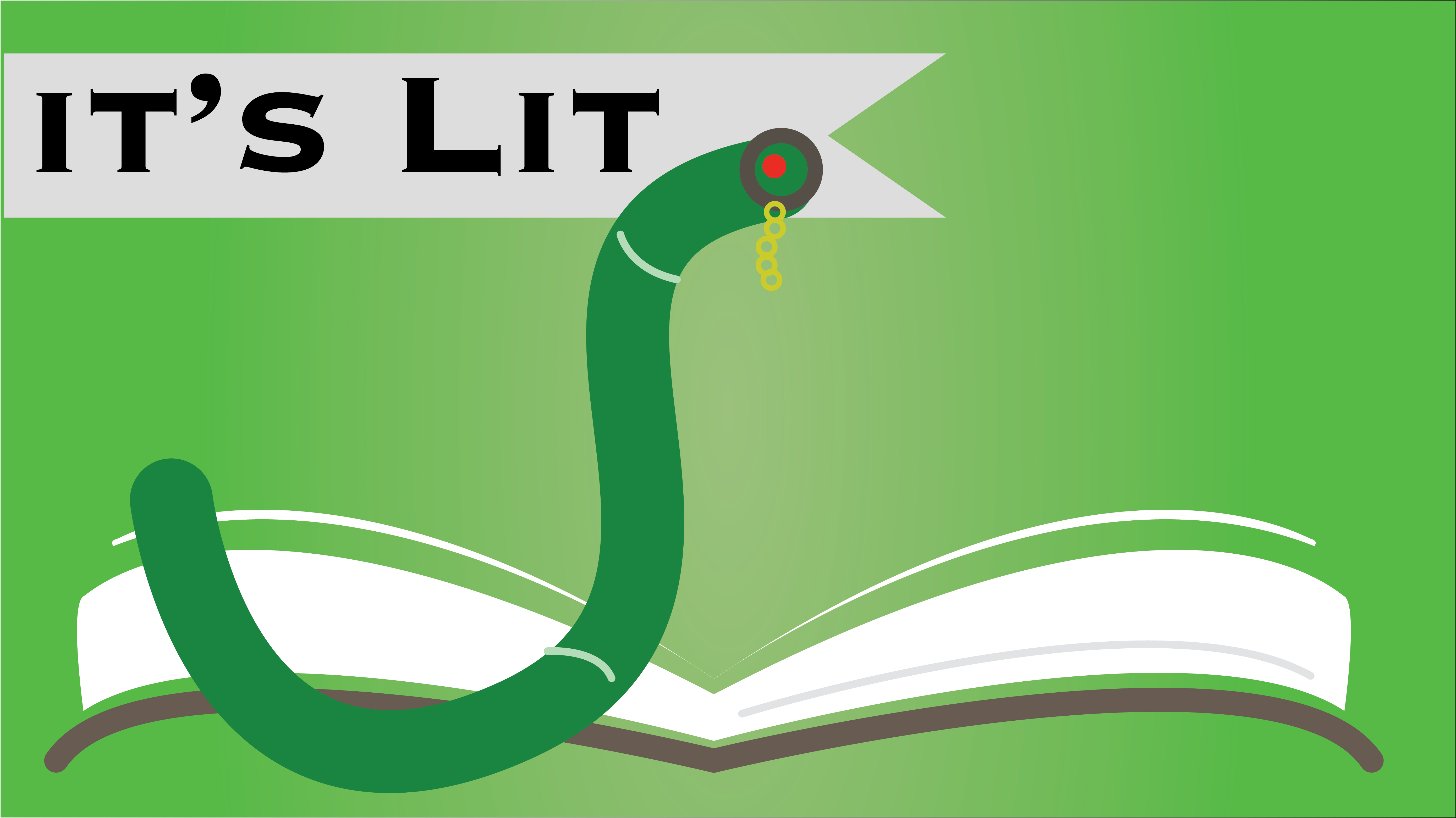
This historical fiction will amaze and haunt you
By: Chloë Williams, Columnist
Few are the books that stick with us so violently. “Feeding the Ghosts” by Fred D’Aguiar is one of those such books. I have read its pages twice through, and each time I struggled to put it down.
Make no mistake, this is not a light read by any means. It is a historical fiction of true events in history. The story takes shape through the lens of an enslaved African, Mintah, and details her experiences aboard The Zong– a very real, very tragic part of history.
Essentially, this ship that Mintah, along with hundreds of other Africans, iTTs forced onto is captained by a man who figures out that he can make more money from the insurance covering the loss of the enslaved rather than by simply selling them at their destination. He then concocts a plan to throw 131 of his “cargo” overboard, drowning them.
Mintah, one of these souls thrown to the sea, escapes and climbs back on board. Her conquering of death makes her a marvel and a leader to the rest of the enslaved, and inspires their attempt at rebellion.
As if the plot alone were not enough to inspire readership, D’Aguiar brings this necessary narrative to life with language that is nothing short of the intensely poetic. It is as if we are reading Mintah’s perspective from some otherworldly experience of her horror.
D’Aguiar achieves this unique diction through the use of the dissociated Mintah. Dissociation is the tool that our main character uses to cope with her surroundings and situation. She does this by appealing to the elements- mainly wood. Mintah’s father, a carpenter in Africa, often had her alongside him in his work, making the element of wood a strong connection to her homeland.
Opposed to wood is water- the consuming, swallowing, imprisoning sea. When thrust over into the water is held in the wooden cage of the cargo hold atop it, Mintah becomes wood. She separates from her human body and finds home in grain, knots, and earth.
Wood becomes a preserving force for Mintah. Her physical body can be bruised, abused, and defiled, yet her wooden self remains in her power. It is untouchable and unreachable to the captain and his crew. Only Mintah can access this separate ego, and so it allows her to find the strength to resist her treatment and fight for the humanity that is still burns alight inside her, despite the crew’s dehumanizing efforts.
And she does fight back with the one thing that unsettles the crew’s ability to separate themselves from her- language. As a child in Africa, she was taught to read, write, and speak English by missionaries. This destabilizes the crew when interacting with her, as she is not afraid to call them out by name. She even begins keeping a log akin to the captain’s of her experiences aboard the ship.
The crew no longer dismiss her for using what they perceive as “animalistic” native language, because she proves her intelligence, creativity, and humanity in their own tongue. She refuses and resists bestialization again and again, eventually causing the crew to begin second-guessing the orders of their captain.
In this expose of the power of language, D’Aguiar becomes quite meta in his approach. Here, we have a story about the power of words expressed through the medium of a novel. Mintah’s words that demand recognition and acknowledgement exist within the context of a narrative that demands to be read.
This is a book that educates, illuminates, and provides an insider outlook on the treatment of enslaved Africans aboard slave ships. There is no sugar-coating or glossing over of details. D’Aguiar spares no description of the rampant despair aboard the Zong, nor the extreme mental struggle one had to endure in order to preserve their own identity.
Through it all, it is Mintah’s words that keep her human, written words on paper made of wood, that validate and verify her experiences. It is words that insist upon her existence. Gripping, harrowing, and intense, D’Aguiar creates a real work of art in Feeding the Ghosts.
This novel is a necessary addition to your shelf, and nothing short of food for the lover of language and an education on forgotten and misconstrued accounts of history. Mintah’s journey upon the “enslaving” sea undoubtedly will haunt and amaze you (D’Aguiar, p. 1).
9/10.

